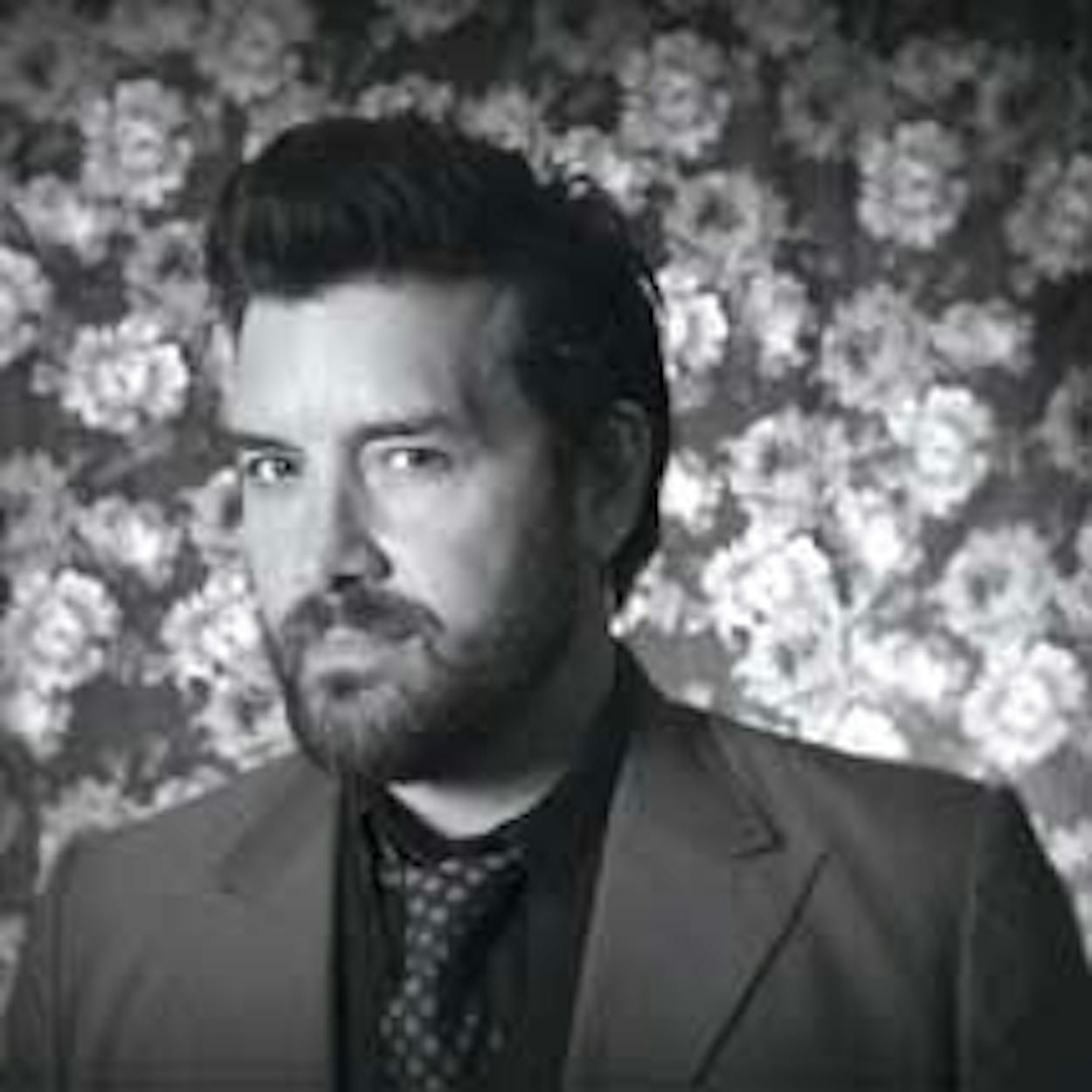The 44-year-old Austin rocker has fronted many bands, but it was on the success of his 2000 solo album, Lonelyland, that he rose to national fame. His latest CD, Lovely Creatures (Kirtland), was just released.
You’re the son of an opera singer. Yes, but my dad’s now retired. He was in a band—he actually taught me how to play guitar—but then he fell in love with opera and moved us to Germany when I was two. I spent twenty years in Munich, though we moved to El Paso for a couple years so that my dad could study with a voice teacher.
It must have been interesting to go from Munich to El Paso. It was terrifying. But I later ended up at UT—El Paso and had a blast. I was trying to get into an art school in California and didn’t. Unbeknownst to me, my mom, to get me out of the house, had applied for me to go to UTEP. So it’s where I ended up, and it’s where I heard about Austin.
You played in a series of bands—Joe Rockhead, Ugly Americans—and formed one that is ongoing, the Scabs. How did you arrive at a solo career? The Scabs started in ’95, which is the year I got sober. I had just made a record with Ugly Americans. I got sober, and it was like when you wake up and go, “Ooh, I can’t believe I went home with that girl.” It wasn’t that the band wasn’t good; it just wasn’t what I wanted to do creatively. So I ended up forming the Scabs. We were about juxtaposing musical styles and trying to be as exciting as possible. But then we found that the more dance music we played, the more hot women would come to the shows. So we started playing fewer weird performance rock songs like “Satan Stole My Tampons,” and eventually we had nine hundred people a night at [Austin club] Antone’s. The place only holds about six hundred. Then, in ’98, I wrote a song called “2002” and tried to play it with the Scabs, and it just didn’t work. It was like, “Okay, everybody, stop partying and listen to this depressing, slow song for four minutes.”
How did the success of Lonelyland change things for you? It gave me a lot of confidence, because initially I couldn’t get anybody out to the solo shows. I remember I went to see the Resentments at [Austin’s] Saxon Pub, and I loved the vibe of the place. So I said, “Give me two hours on your worst night of the week, and let me see what happens.” I’ve been playing there for ten years now. That, with the album, gave me a real boost. We got quite a bit of publicity, enough that I could get people to come see me in a place like Seattle. There was a lot of notoriety—I was also dating Sandra Bul-lock. But my actual day-to-day life? It never changed. I have a son now, who’s four—that’ll change your life. Yet what I do is still the same: I write songs, record them, and play music at night. I don’t have much of a social life.
That’s not your reputation. It’s ironic, because I’ve been sober for fourteen years now. But my audience is a serious drinking crowd. I’ve set bar records all across the country.
The new album brings you back to where you were with Lonelyland, an independent release with a lot of potential hits. I’m excited about reaching a broader audience. I don’t believe it will improve the inner quality of my life, but that said, I’d love to play for lots of people.
The album is full of love songs, it seems. They’re all love songs, and at first I was mystified by it because I just went through a divorce, which was awful. But what I realized was that having a son, and the love I have for him, is stronger than anything I’ve ever felt. And since I never write autobiographically—life just doesn’t rhyme like that—what usually comes through is the way I’m feeling. That’s why they’re all love songs: I was falling in love with my son.







